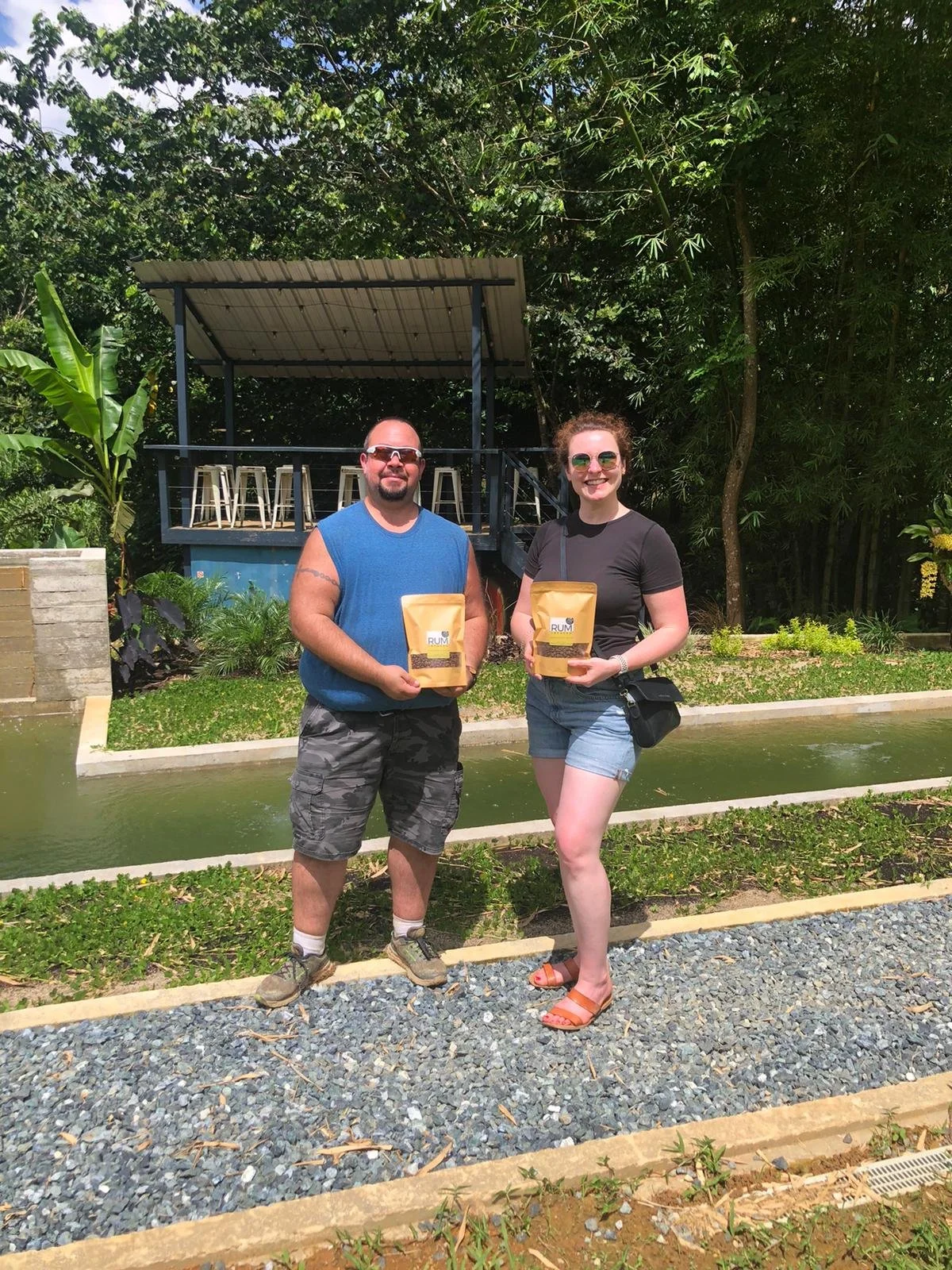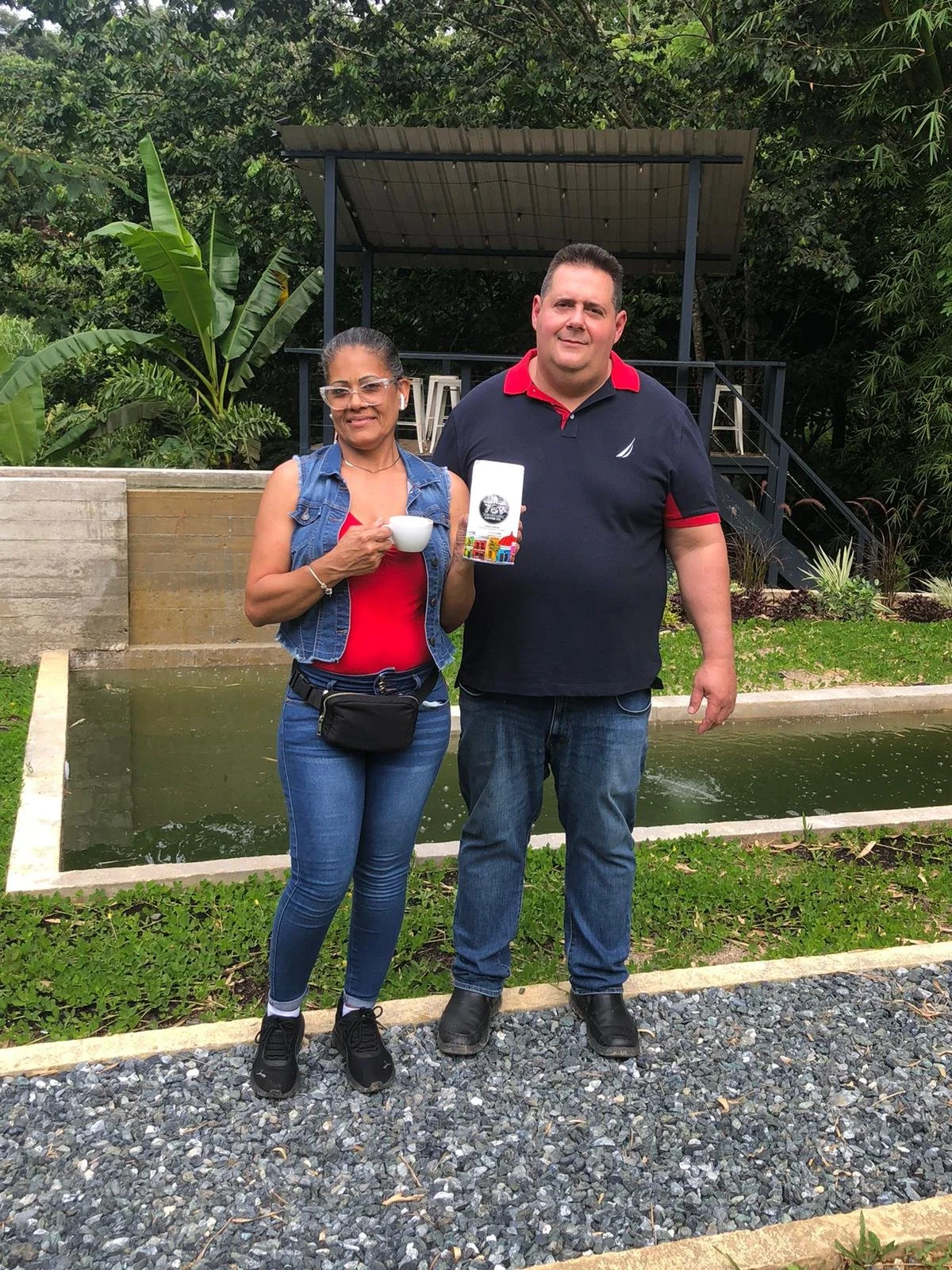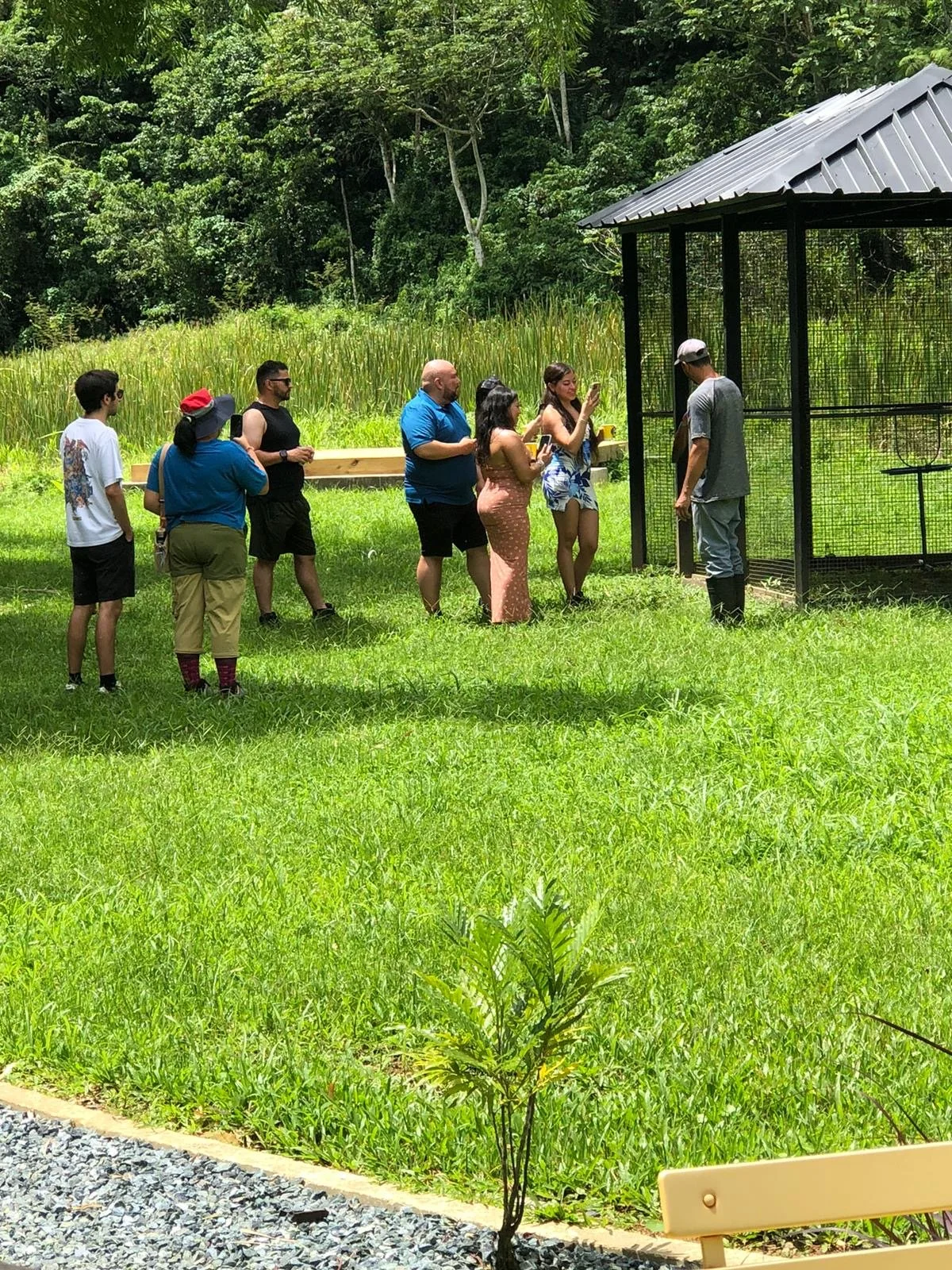The Benefits and challenges of Organic Coffee Farming!
In the past years, coffee has become more popular and is enjoyed by many humans, which is amazing. What is even more amazing is that humans are taking care of themselves and the planet. Just as they take care of themselves by the food they eat or the products they use, they are also helping the world by reducing the use of chemicals and other aspects that might negatively impact it. However, this is not perfect, and many challenges come with it. In this Hacienda Iluminada blog, we'll talk about the magic of making organic coffee farming and its challenges!
What is organic farming?
What makes this type of coffee special is that it doesn't involve the use of non-natural chemicals that might harm the soil or other species. Farming is based on taking care of the plantation without the use of any chemicals that could harm the soil or other species around them. The main goal of organic farming is to produce high-quality coffee that is not only good for the planet but also for you. For example, at Hacienda Iluminada, we limit ourselves to using chemicals that can harm the planet and influence the taste of the coffee, and we avoid using such chemicals.
Benefits of coffee farming
Sustainability
One of the reasons why we do what we do is to provide caffeinated humans with the best coffee of Puerto Rico without compromising the quality of our coffee. Coffee plantations can have a significant impact on the environment. Many other forms of coffee production use a lot of machinery and chemicals to make the coffee plants grow faster, which can harm the soil and other plants. At Hacienda Ilunianda, we prioritize diversity. That's why we hand-pick our coffee beans without using machinery that could harm other plants, and we take care of our trees. We use the shade-grown coffee process to support biodiversity and the resilience of the ecosystem. We also have animals on our farm to promote the ecosystem's health.
Healthier Coffee
"Organic coffee is free from chemicals and pesticides, which can harm the health of coffee drinkers and affect the taste of our delicious Puerto Rican coffee. Many coffee plantations use pesticides and fertilizers to boost production, but this lowers the quality and is not good for caffeinated humans. Choosing organic coffee lets humans enjoy a delicious cup without worrying about unknown chemicals going into their body!
Good For biodiversity!
At Hacienda Iluminada, our focus is to maintain a healthy farm where animals and plants are helathy! They help to the growth of our coffee. We cultivate shade-grown coffee using the help of our amazing trees. By growing coffee under the canopy of trees, we create a habitat for various species, resulting in a healthy ecosystem. This approach is not only beneficial for nature, but it also assists in natural pest control, preventing damage to the coffee plantation and other plants without the use of chemicals.
Challenges organic coffee farming
Lower coffee production
One of the main challenges of not using chemicals and fertilizers is that it can lead to reduced coffee production. Shade-grown coffee ensures healthier, flavorful coffee cherries but also reduces overall yield. This presents a challenge for coffee farms aiming to supply enough coffee to meet the demand of coffee shops and other markets!
Pest management
In every type of farming, you will face the challenge of dealing with pests that can harm the crops and the animals living in the area. Coffee farms are especially prone to this problem, and without the use of chemicals, it makes the fight against pests more difficult and even longer to get rid of them. However, farmers can use natural pest control methods, such as using other insects or animals, for organic pest control processes, although it takes longer to resolve the issue. This can lead to increased labor and result in losing part of the plantation.
Challenges in the Coffee market
Organic coffee faces many challenges in the market. Producing organic coffee requires a lot of work, and its prices can be higher based on demand and supply, making it difficult to sell the product, especially for new market entrants. This often creates financial instability for organic coffee producers!
In Conclusion…
Organic coffee farming has both benefits and challenges. Even though it helps with sustainability in coffee cultivation, promotes environmental health, and opportunities for farmers, it also requires careful management and a commitment to overcoming obstacles. As caffeine-loving humans, supporting organic coffee can help create a more sustainable coffee industry that prioritizes health and the environment! The next time you enjoy a cup of organic coffee, remember the dedication and effort behind its journey from farm to cup!




